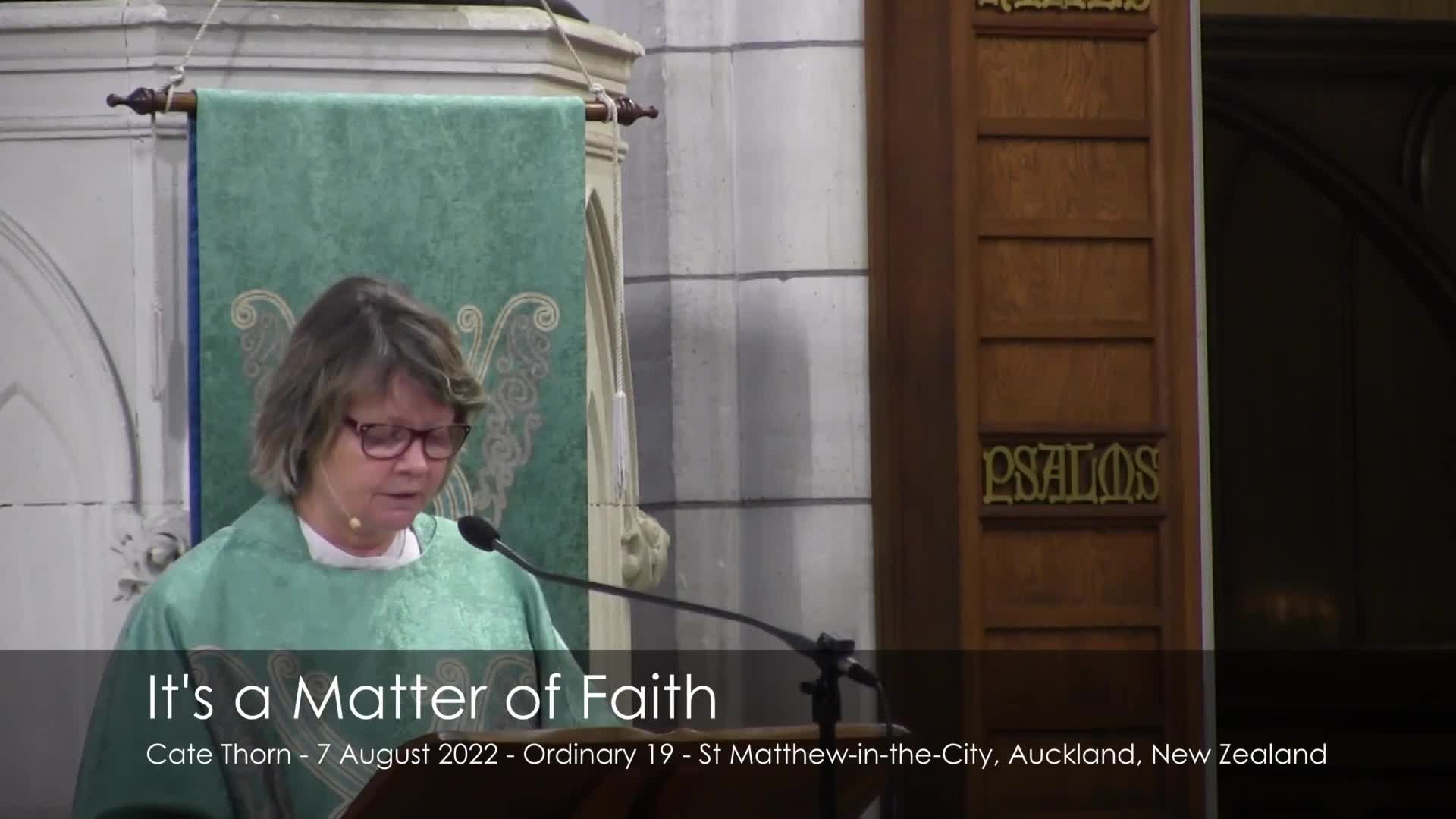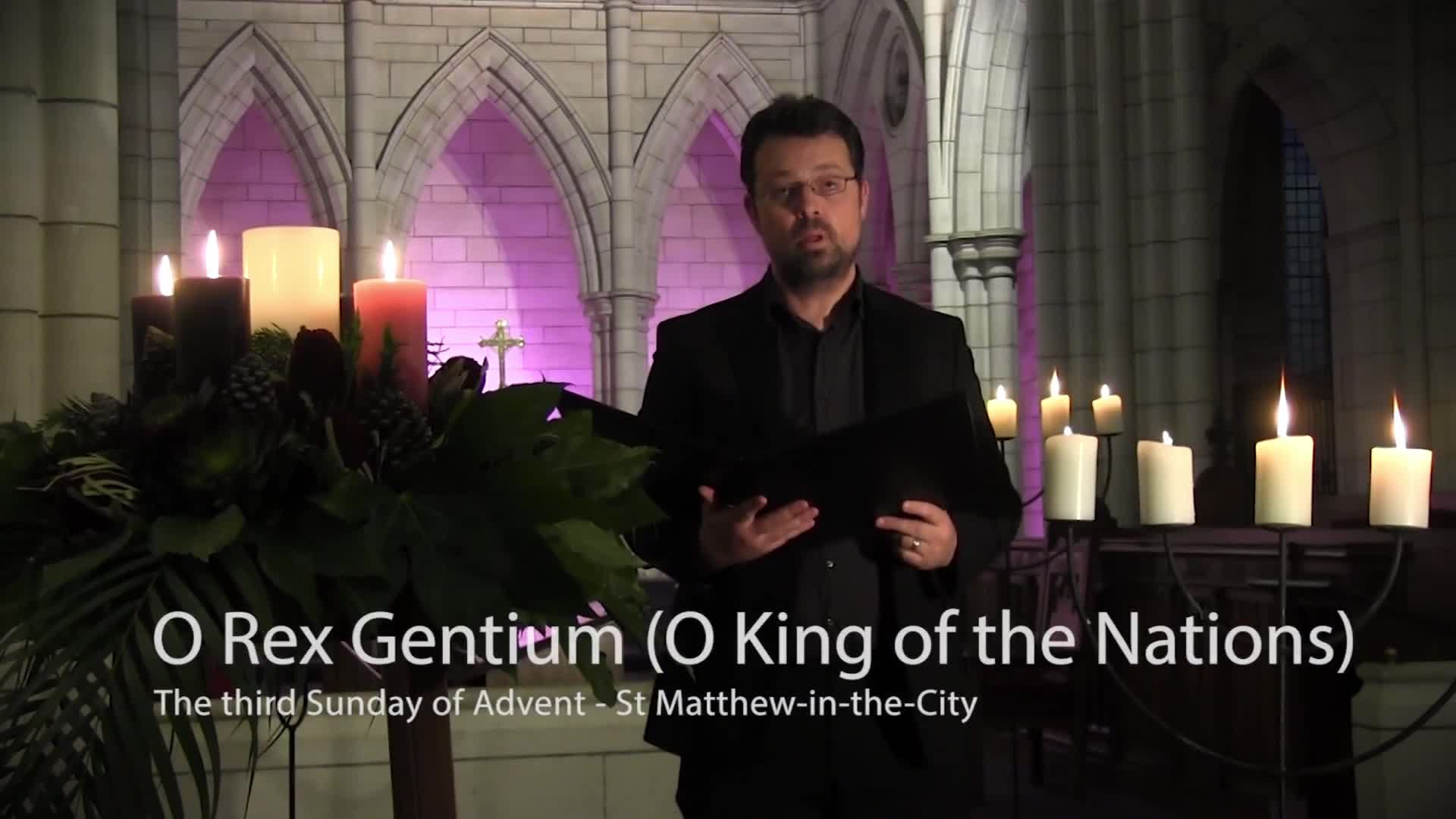
Home
Engagement
A spirited place
Helen Jacobi reflects on the then new mission statement for St Matthew’s


The 2021 Christmas special

Jesus is Lord?
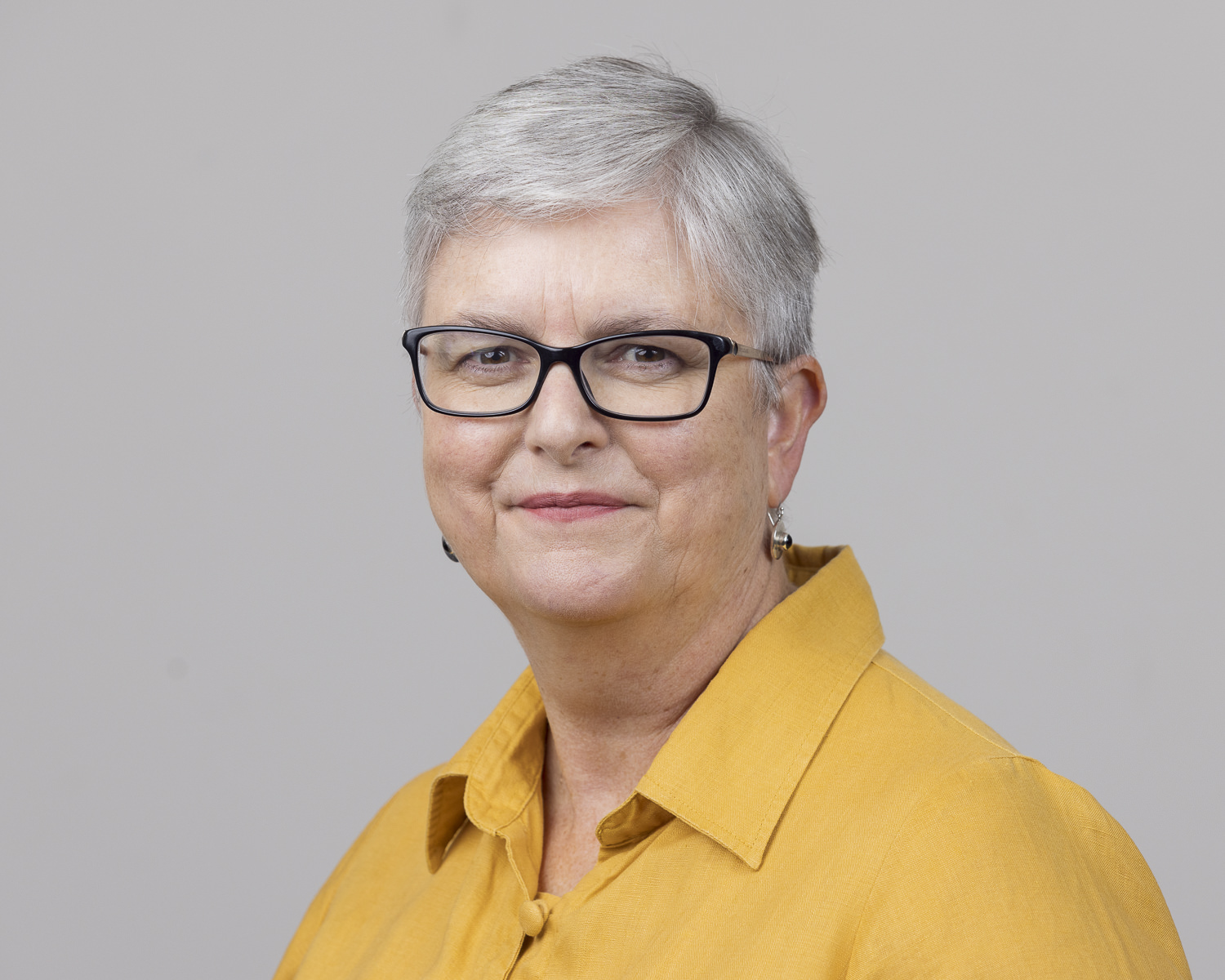
Media interviews

Care of the earth: does our theology help us?

What is religious freedom
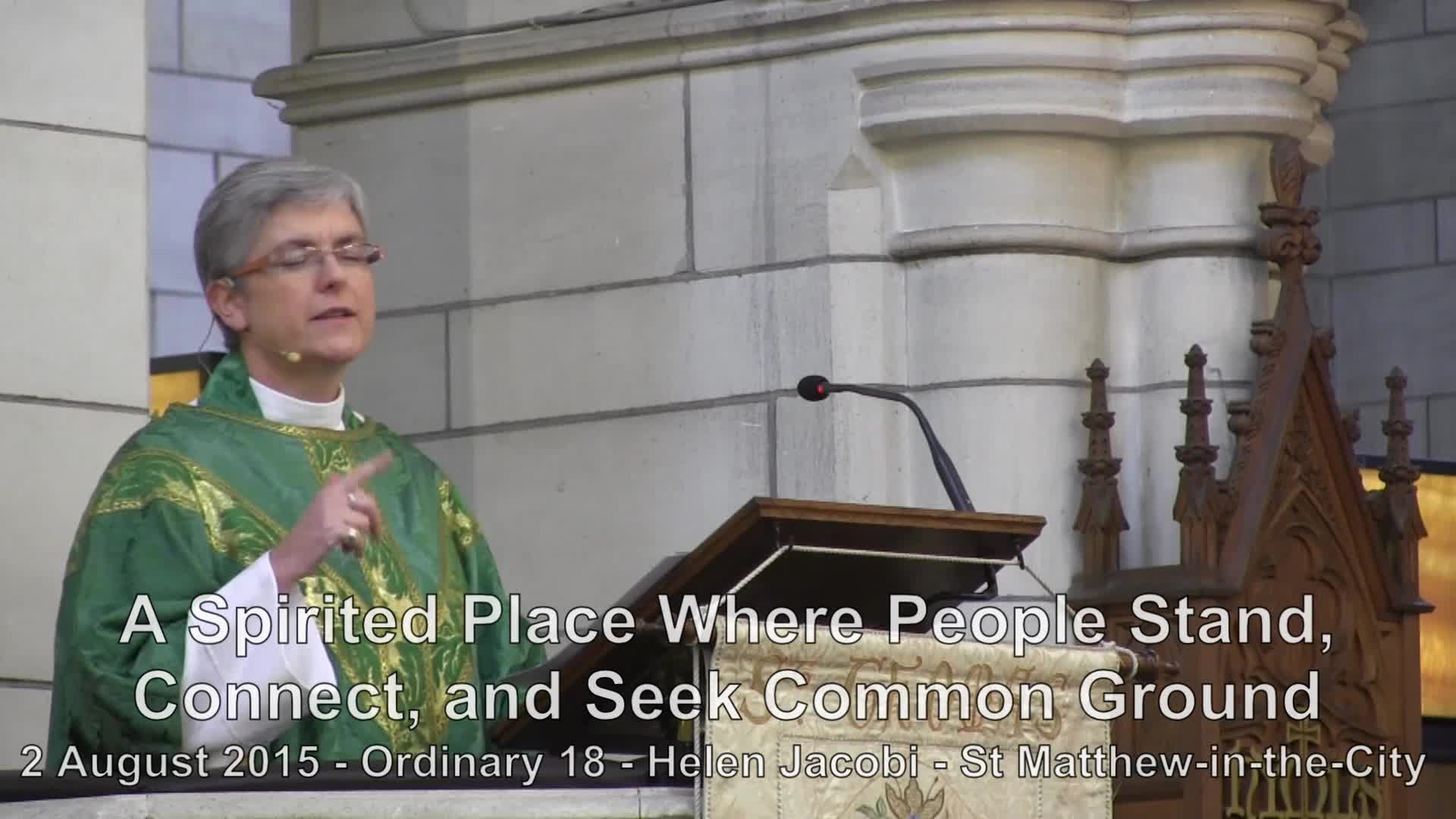
A spirited place
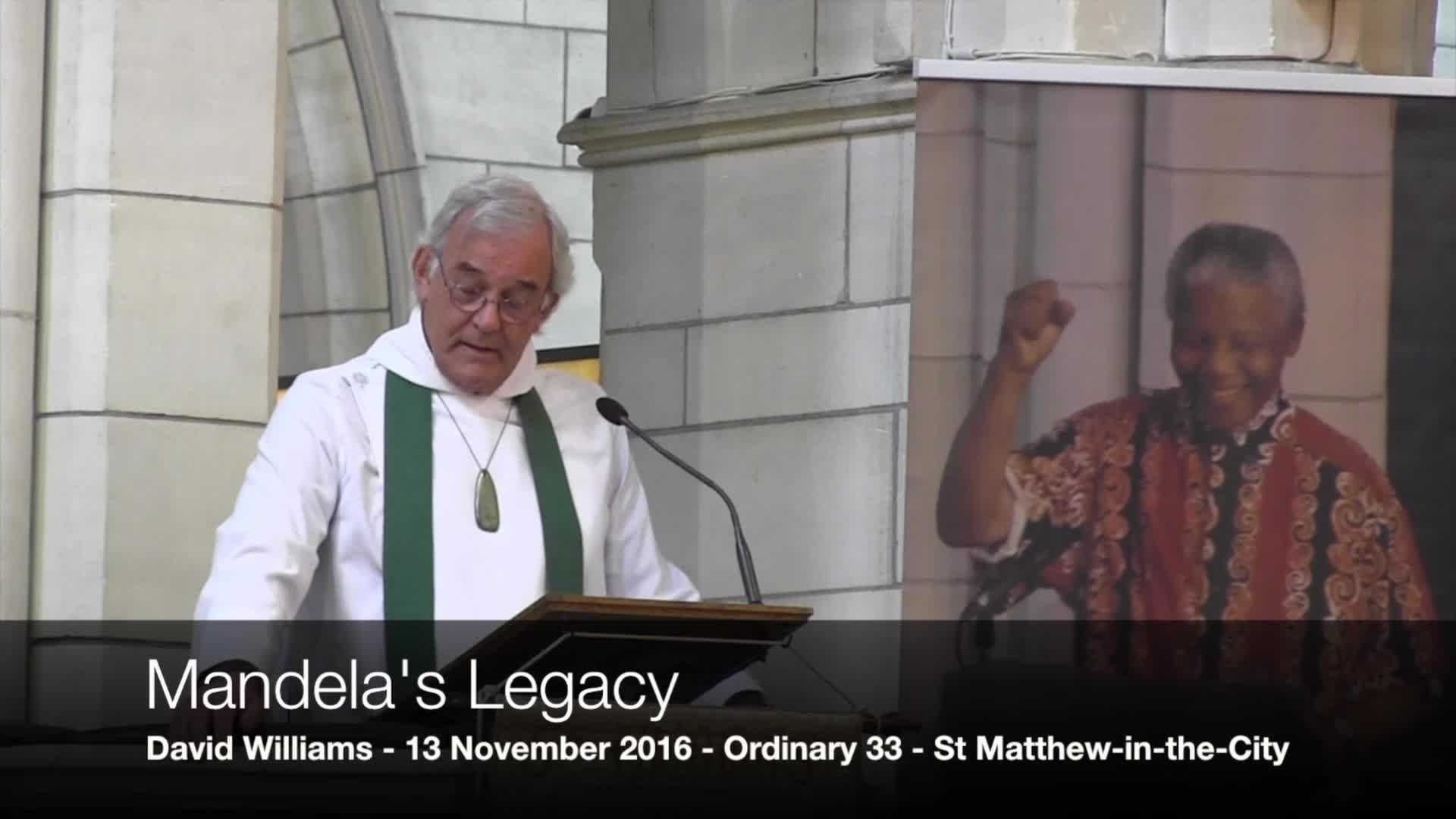
Remembering Mandela
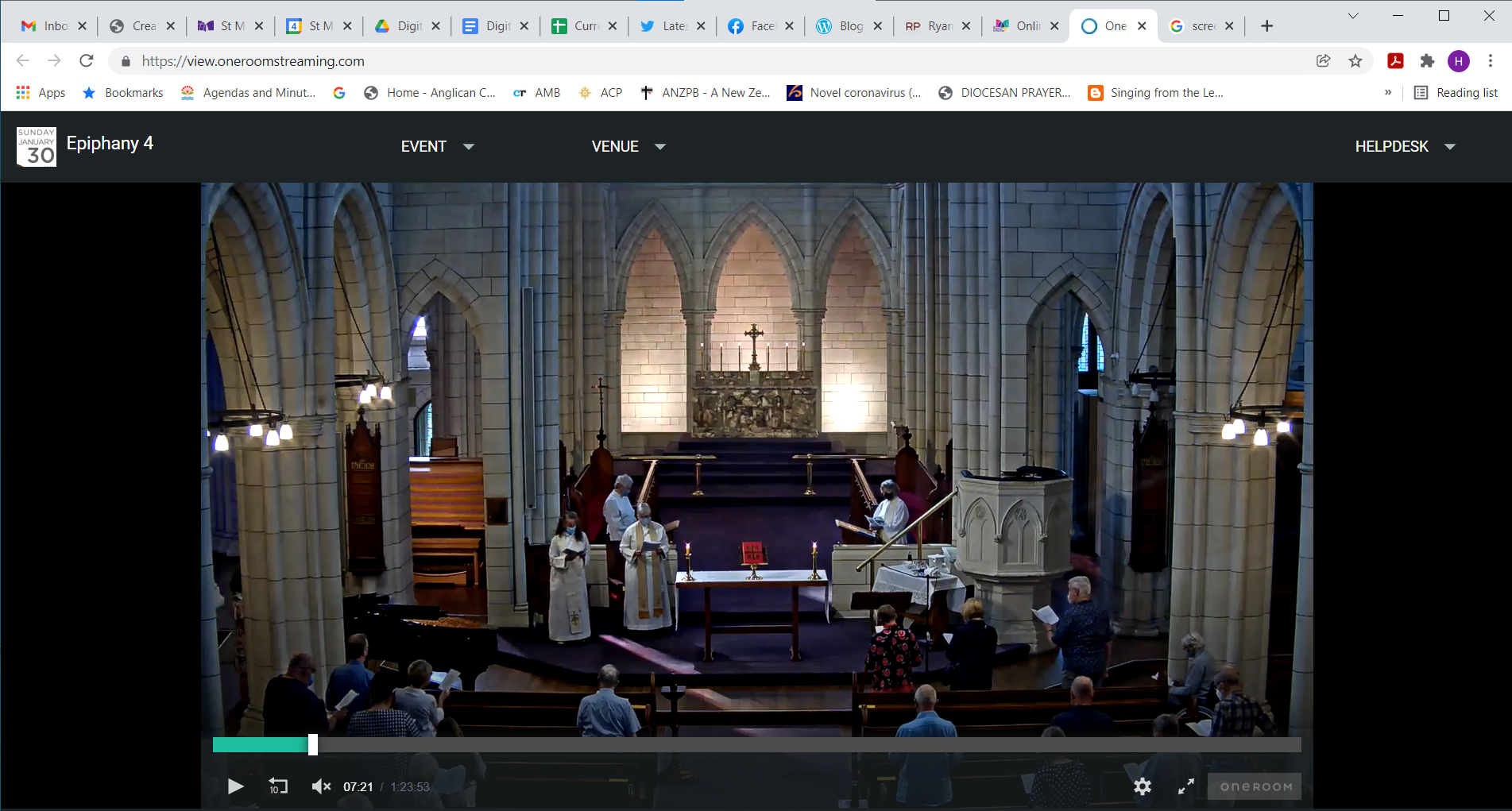
Hybrid worship
